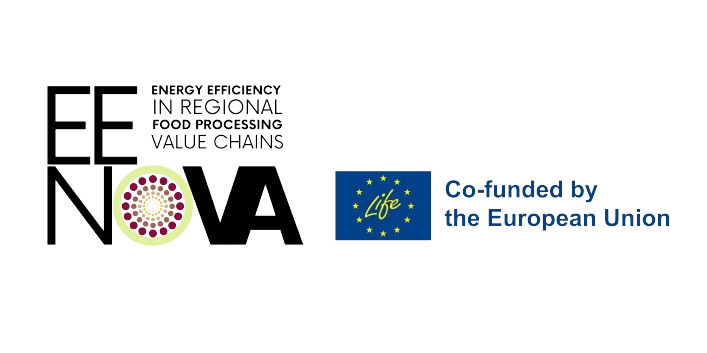Wine Sector
Geographical area
Bulgaria

Despite its rich history and diverse regions, the Bulgarian wine industry faces challenges as it endeavors to modernise and adopt more sustainable, green practices.
Overcoming these challenges is essential for the industry’s continued growth and success in the global market, where Bulgarian wines have the potential to showcase the unique flavors and traditions of this culturally rich winemaking nation.
Bulgaria, with its rich cultural tapestry, boasts a longstanding tradition in winemaking that is as diverse as the grape varieties cultivated across its picturesque landscapes.
The country’s winemaking heritage is deeply intertwined with its history, reflecting the influence of Thracian, Greek, and Roman civilizations. The Bulgarian wine industry is characterised by its geographical diversity, and the country is home to five renowned wine regions, each contributing unique terroirs to the final product.

Insight
About the Sector
Despite the annual reduction in wine production and exports, Bulgaria consistently maintains its status as a net exporter. The European Union stands as the primary partner in global wine trade for the country.
Source: https://www.nsi.bg/bg
Bulgaria's Wine Production History
Bulgaria possesses significant expertise in cultivating a variety of wine grapes, however, the contribution of viticulture to the overall output of the agricultural sector is progressively diminishing each year.

Source: https://winefolly.com/
Transition of the industry towards a more ecological approach
According to the National Recovery and Resilience plan, some challenges are expected regarding the reforms and investments in funds promoting the technological and ecological transition of agriculture. The Bulgarian agricultural sector has the potential to produce affordable, safe and high-quality products, but it still lags behind the average European level in some important indicators, such as factor productivity, provision of material assets, degree of digitization of production structures.
Moreover, the Bulgarian wine industry can be expected to experience challenges with resistance to change due to traditional practices, high initial investment costs, the need for education and awareness, compliance with environmental regulations, efficient waste management, water conservation, supply chain complexities, market perception and consumer education, climate change impact, and global competition.
Overcoming these challenges requires collaborative efforts, government support, and a commitment to demonstrating the economic and environmental benefits of sustainable practices.



